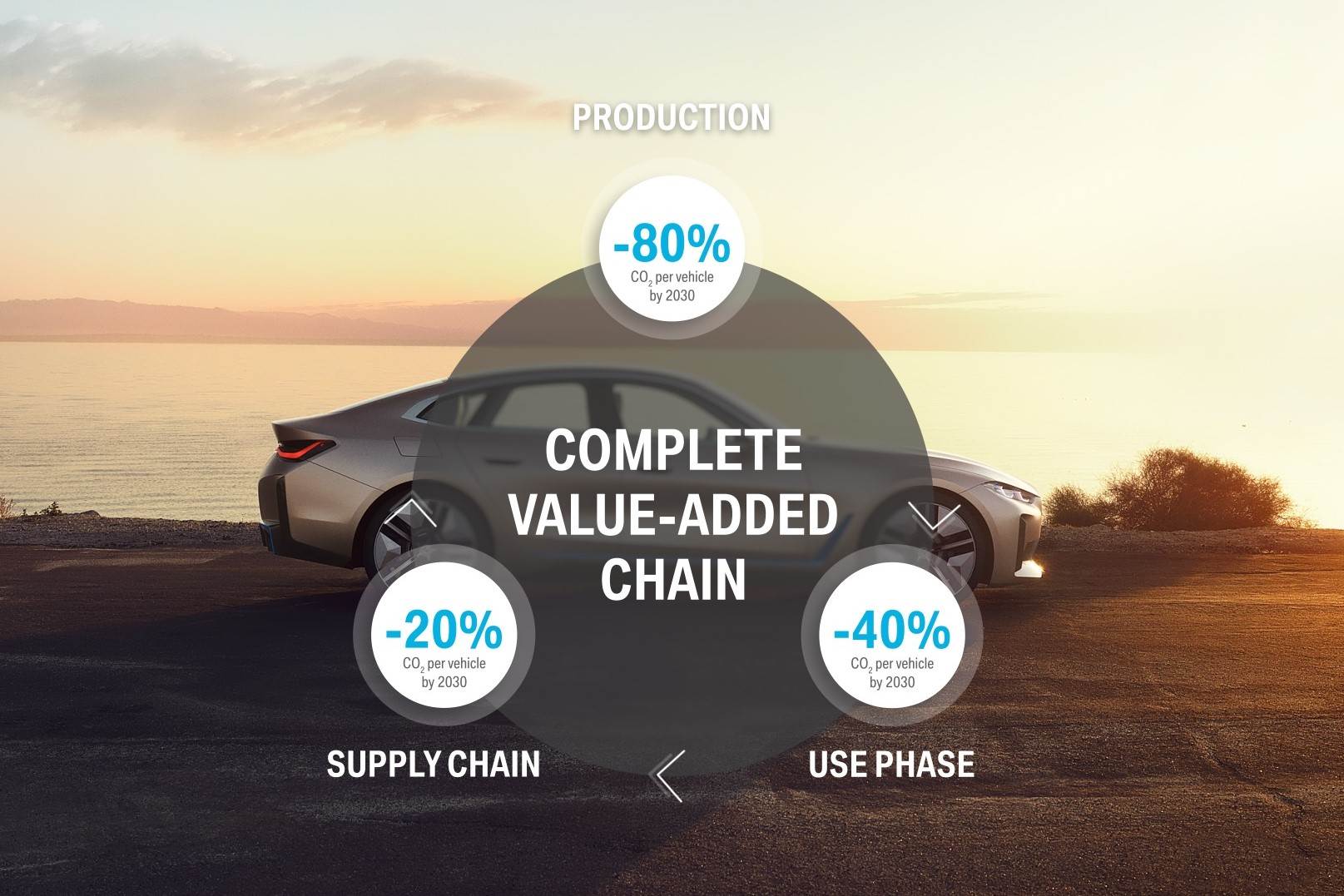BMW to set targets for suppliers in bid to slash CO2

Emissions from production and sites are to be lowered by 80% per vehicle by 2030.
With growth in e-mobility, more attention will need to be paid to upstream added value to reduce CO2, said the group - for example, looking at energy-intensive production of high-voltage batteries. Because, without corrective measures, the growing share of electrified vehicles would mean CO2 emissions per vehicle from the BMW Group supply chain would increase by more than a third by 2030.
The company not only wants to avoid this increase, but also lower CO2 emissions per vehicle by 20 percent from 2019 levels.
One of the ways it will do this is by defining a supplier’s carbon footprint as a decision criterion in its contract award processes. The BMW Group has a total purchasing volume of more than 60 billion euros per year; around two thirds of this is for direct vehicle production.
The company says it will be the first automobile manufacturer to establish CO2 targets for its supply chain, which comprises around 12,000 tier 1 partners worldwide who supply material and components for vehicles, as well as additional suppliers providing production equipment or tools.
Chairman Oliver Zipse said: “CO2 must be reduced in partnership between manufacturers and suppliers. If you want to convince partners, you must act as a role model. As a leader in sustainability, what we say counts a great deal with our suppliers – so we leverage our reputation in this respect. Our aim is to ensure the most sustainable supply chain in the entire industry.
“We have made a very clear commitment to the Paris Climate Agreement,” added Mr Zipse. “With this new strategic direction, we are therefore setting a course that is in accordance with the well below two-degrees target. We are not just making abstract statements – we have developed a detailed ten-year plan with annual interim goals for the timeframe up to 2030. We will report on our progress every year and measure ourselves against these targets.”










